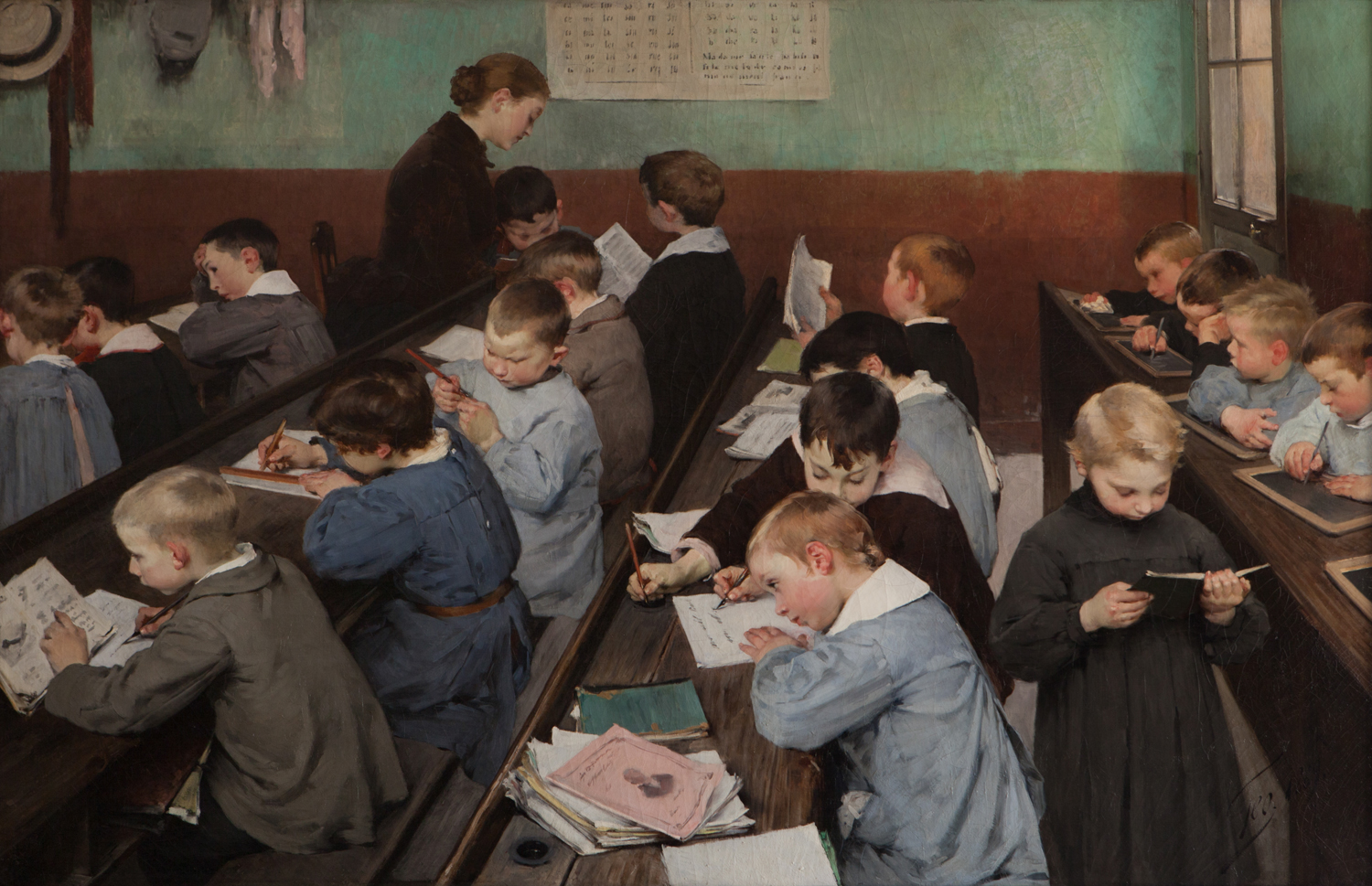United States Occupational Safety & Health Administration
Regulations.GOV Open for Comment
“Choose a job you love,
and you will never have to work a day in your life.”
Today we dwell on titles that inform management of the education industry in the United States specifically; but also more generally in global markets where the education industry is classified as a Producer and a User of human resources. It is an enormous domain; likely the largest.
Human Resources 100 covers skilled trade training in all building construction disciplines.
Human Resources 200 covers the range of skills needed to manage an educational setting — school districts, colleges and universities
When you’re an elementary school principal, you can play at recess any time you want!
This is my dream job ❤️@fit_leaders @NAESP pic.twitter.com/BoJlSx3rMU
— Dr. Rachel Edoho-Eket (@RachelEdohoEket) February 2, 2024
Human Resources 300 covers higher level management of these settings. (Representative Organization Charts)
Human Resources 500 covers everything else
Use the login credentials at the upper right of our home page.
Recommended Reading:
“The Human Side of Enterprise” 1960 by Douglas McGregor | MIT Management Sloan School
University of Chicago Press: Readings in Managerial Psychology
Columbia University: Cloward–Piven Strategy
|
Malcolm Gladwell’s book “Outliers: The Story of Success” explores the factors that contribute to high levels of success and achievement. The concept of the “10,000-hour rule” is one of the key ideas presented in the book. The 10,000-hour rule suggests that it takes approximately 10,000 hours of dedicated practice to achieve mastery in a particular field. Gladwell draws on the research of psychologist K. Anders Ericsson, who studied the practice habits of experts in various domains. The book examines examples of successful individuals, such as Bill Gates, The Beatles, and elite athletes, to illustrate how their commitment to extensive practice played a crucial role in their extraordinary accomplishments. While Gladwell popularized the 10,000-hour rule, it’s important to note that the concept has faced criticism. Some argue that the amount of practice required for expertise can vary depending on the field, the individual, and other factors. Nevertheless, “Outliers” encourages readers to consider the importance of effort, opportunity, and cultural factors in the development of success. The book goes beyond individual talent and emphasizes the role of external influences and circumstances in shaping exceptional achievement. |
More
Virginia Commonwealth University: “Self Reliance” Ralph Waldo Emerson
Paris Review: The Myth of Self-Reliance
Using ANSI Human Resource Standards to Create Business Advantage in the Workplace
Colleges and Organizational Structure of Universities
Apprenticeships: International Brotherhood of Electrical Workers
Software Engineering Code of Ethics and Professional Practice
“Google’s Ideological Echo Chamber” James Damore











